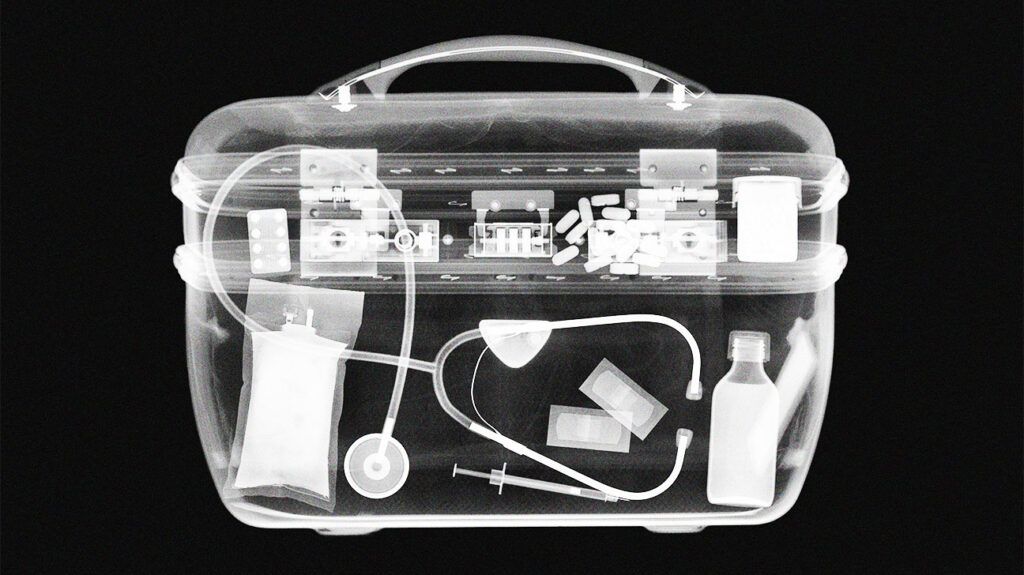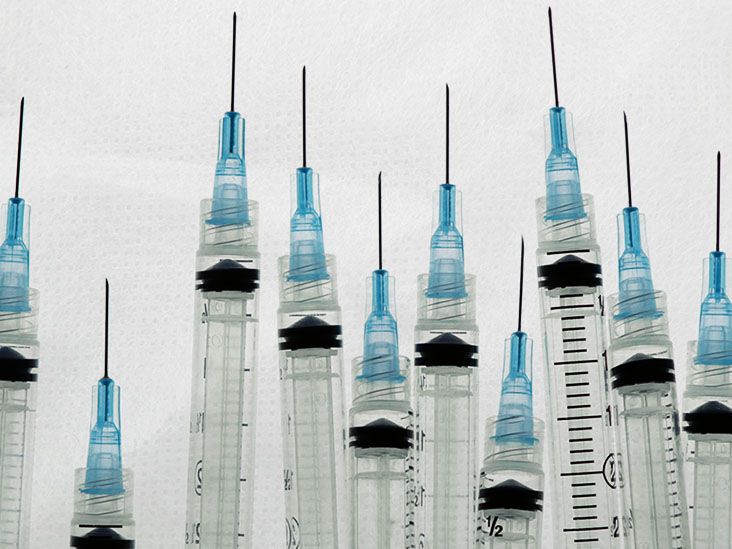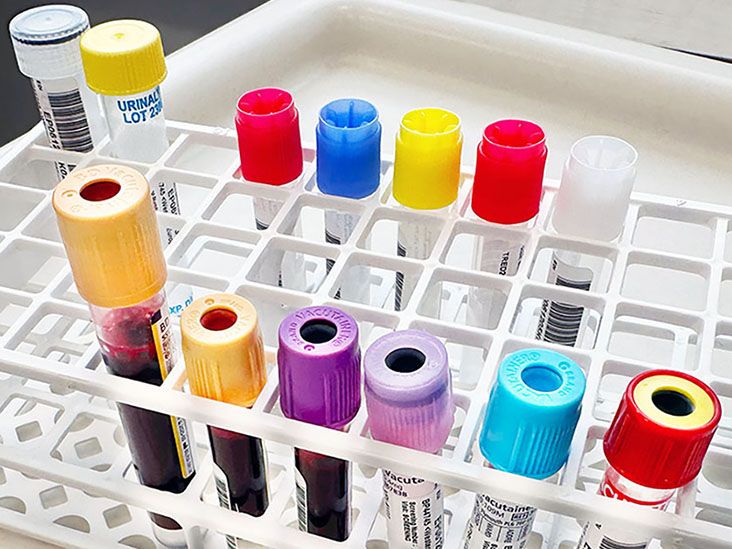Premature ventricular contraction (PVC) is a type of abnormal heartbeat, or arrhythmia. It happens when the heartbeat begins in the lower, rather than the upper, heart chambers.
This creates an irregular heartbeat, where a premature heartbeat happens before the regular heartbeat. A pause follows the premature heartbeat, making the regular heartbeat stronger than normal.
The irregular rhythm can make it feel like the heart has skipped a beat. PVC is

PVC occurs when the heartbeat
It is common for people with PVC to experience heart palpitations.
Other symptoms of PVC may include:
- chest pain or discomfort
- feeling lightheaded
- shortness of breath
- anxiety
- fainting, rarely
The heart has two upper chambers — the atria — and two lower chambers — the ventricles. A heartbeat is a contraction of these chambers, and it occurs due to an electrical impulse.
The electrical impulse
With a PVC, the electrical signal
PVC causes a heartbeat to occur before the regular heartbeat, creating a pause before the regular heartbeat occurs. This also makes the regular heartbeat
- excessive caffeine intake
- high levels of catecholamines, which are hormones the adrenal glands produce
- high levels of anxiety
- electrolyte imbalances, including low potassium or magnesium levels and high calcium levels
- alcohol
- tobacco
- illegal drugs
- stimulants
- sleep deprivation
- hyperthyroidism
- anemia
- high blood pressure
- structural heart disease, which includes heart failure and coronary artery disease
- cardiomyopathy, or heart muscle disease
- heart attack
Frequent PVCs, meaning people have
Dilated cardiomyopathy is an
Dilated cardiomyopathy can cause heart failure, arrhythmia, heart valve problems, and blood clots in the heart.
To diagnose PVC, doctors
Doctors may use a Holter monitor to help differentiate between PVC and other arrhythmia. A Holter monitor is a wearable ECG device that monitors the heart for longer periods.
Doctors may use the monitor to record the heart’s activity for
Doctors will also use blood tests to check electrolyte levels and thyroid-stimulating hormones to help them determine the underlying cause.
Doctors may also use other tests to check a person’s general heart health. This may include echocardiography, which uses ultrasound to create images of the heart. They may carry out a stress test, which measures how the heart responds during exercise.
People
If people have symptoms or if PVC occurs frequently, treatment will depend on the underlying cause. This may include correcting an electrolyte imbalance or treating drug toxicity.
Doctors may also use the following medications to treat PVC:
- antiarrhythmics, which treat arrhythmia, such as amiodarone and flecainide
- beta-blockers
- calcium channel blockers
Lifestyle changes, such as managing stress and reducing intake of stimulants or any triggers, including caffeine, can also be an important part of treating PVCs.
Further treatment may be necessary for people with a high frequency of PVCs, such as several thousand each day, or if PVC does not respond to medications.
Radiofrequency catheter ablation is a procedure to restore a normal heart rhythm by destroying the section of heart tissue causing the PVC. The procedure
People with PVC who do not have structural heart disease and are otherwise healthy
The mortality risk of PVC may increase if heart disease or left ventricular dysfunction is present.
People with over 1,000 PVCs a day may have an increased risk of dilated cardiomyopathy.
Successful treatment with radiofrequency catheter ablation may reverse heart muscle damage due to PVC.
This section answers some frequently asked questions about PVC.
Are PVCs a serious heart condition?
If people have no other health conditions or heart disease, PVC is generally not a serious condition.
Frequent PVCs of
Can heart PVC go away?
According to the
For others, treatment and avoiding triggers
What is the most common treatment for PVCs?
People who have no symptoms or have only mild symptoms
Otherwise, first-line treatments for PVC are catheter ablation or medications, such as beta-blockers, calcium channel blockers, or antiarrhythmic drugs.
Premature ventricular contraction (PVC) is an irregular heartbeat that occurs due to the heartbeat beginning in the lower chambers of the heart — the ventricles — rather than in the heart’s upper chambers as normal.
PVC causes a premature heartbeat, which may make people feel like their heart is skipping a beat.
If no other heart conditions are present, PVCs are not usually serious. A high frequency of PVCs or having heart disease may increase the risk of complications.


